What to Do in a Water Emergency Water Damage In Your Owings Mills Maryland Home ? | SI Restoration
Author Bio : Jeff Cohn Baltimore Maryland and Washington DC .
Hi , Jeff Cohn here with SI Restoration a water damage and fire restoration and mold removal and mold remediation company . We are also referred to as a water damage cleanup and mold removal company . We are still in fire restoration business since 1989 and have been IICRC certified for water damage cleanup and mold removal or remediation services for 30 years. Jeff graduated from the Park School and University of Maryland .
Jeff with his brother Mike Cohn own SI and still own it today . If you have questions on this article or would like a free consultation on your water damage issue in Washington DC or Baltimore Maryland please call him day or night at 410-458-5371 .Note: If you have a mold removal or lead remediation need and want to talk to a professional , please call Jeff at 410-458-5371. Please only calls in the Maryland area.
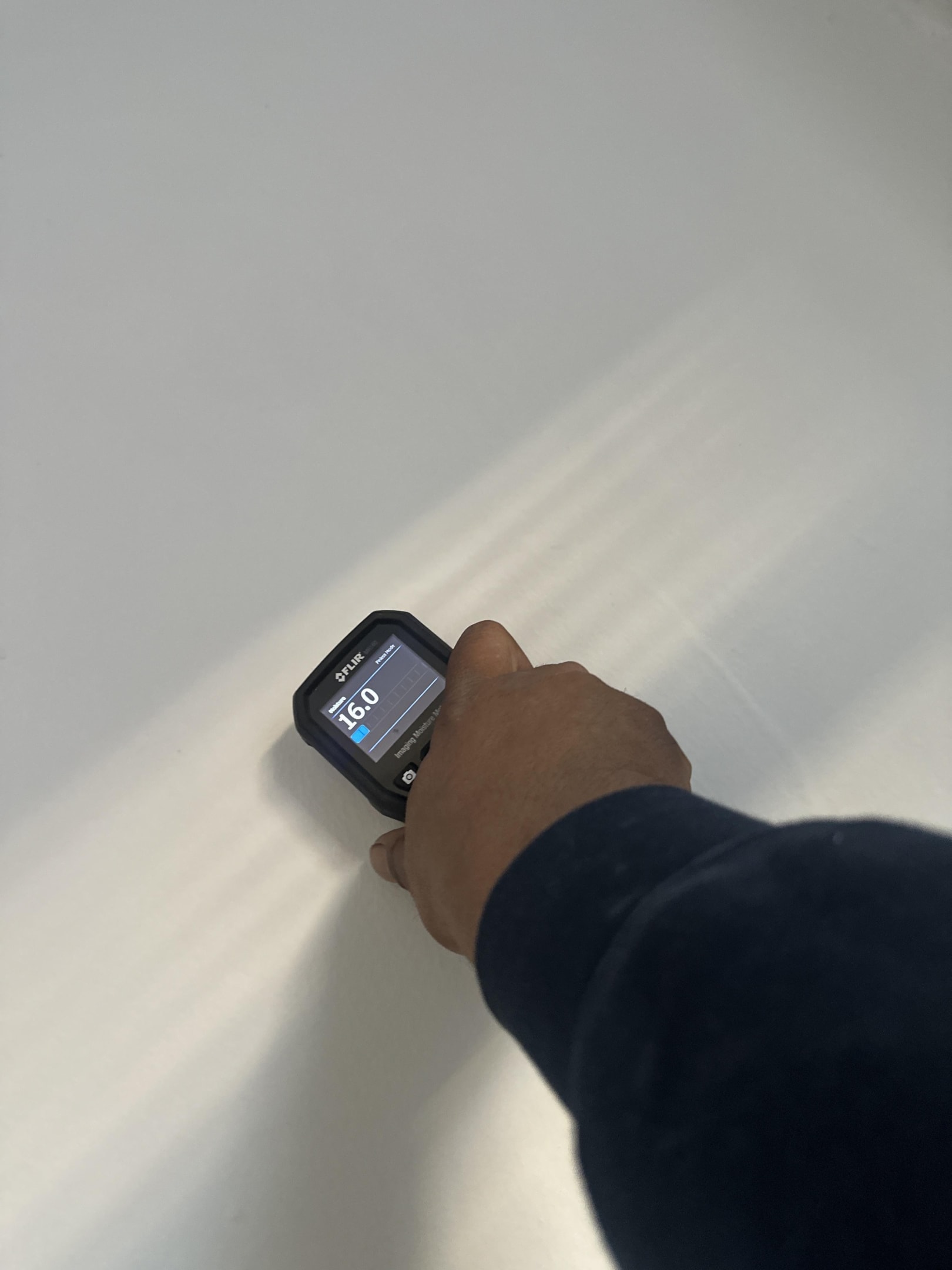
Follow these Steps After a Water Emergency:
Try to stop the water source if you can safely
Step 1: Check to see if any pipes or toilets are overflowing. In the event of an overflow, it is crucial to act swiftly to minimize water damage. Begin by identifying the source of the work overflow, which could be due to a blockage or a malfunctioning component. If it's a clogged pipe, use a plunger or a plumbing snake to attempt to clear the blockage.
People in Maryland should not ignore wet carpet or wet walls . Quick response from the plumber is necessary . If you know here your main shut valve is , shut it off as time is of the essence .
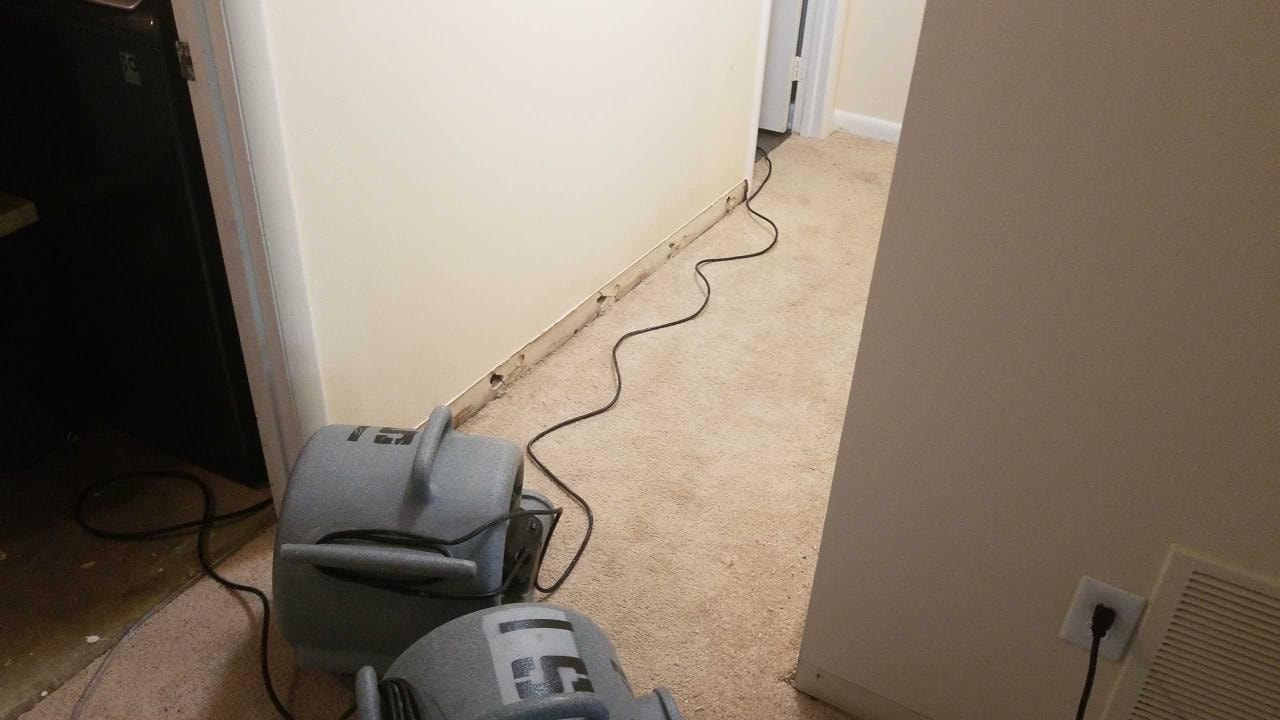
For toilet water overflows, ensure the flapper valve is properly seated and not allowing excess water to fill the tank. If the issue persists, shut off the water supply to the affected area to prevent further flooding. This initial step is vital in controlling the situation and preventing extensive damage to your location. Remember, quick action can save you from costly repairs and location your home from significant water damage. It's free advice that will save you a lot of money .
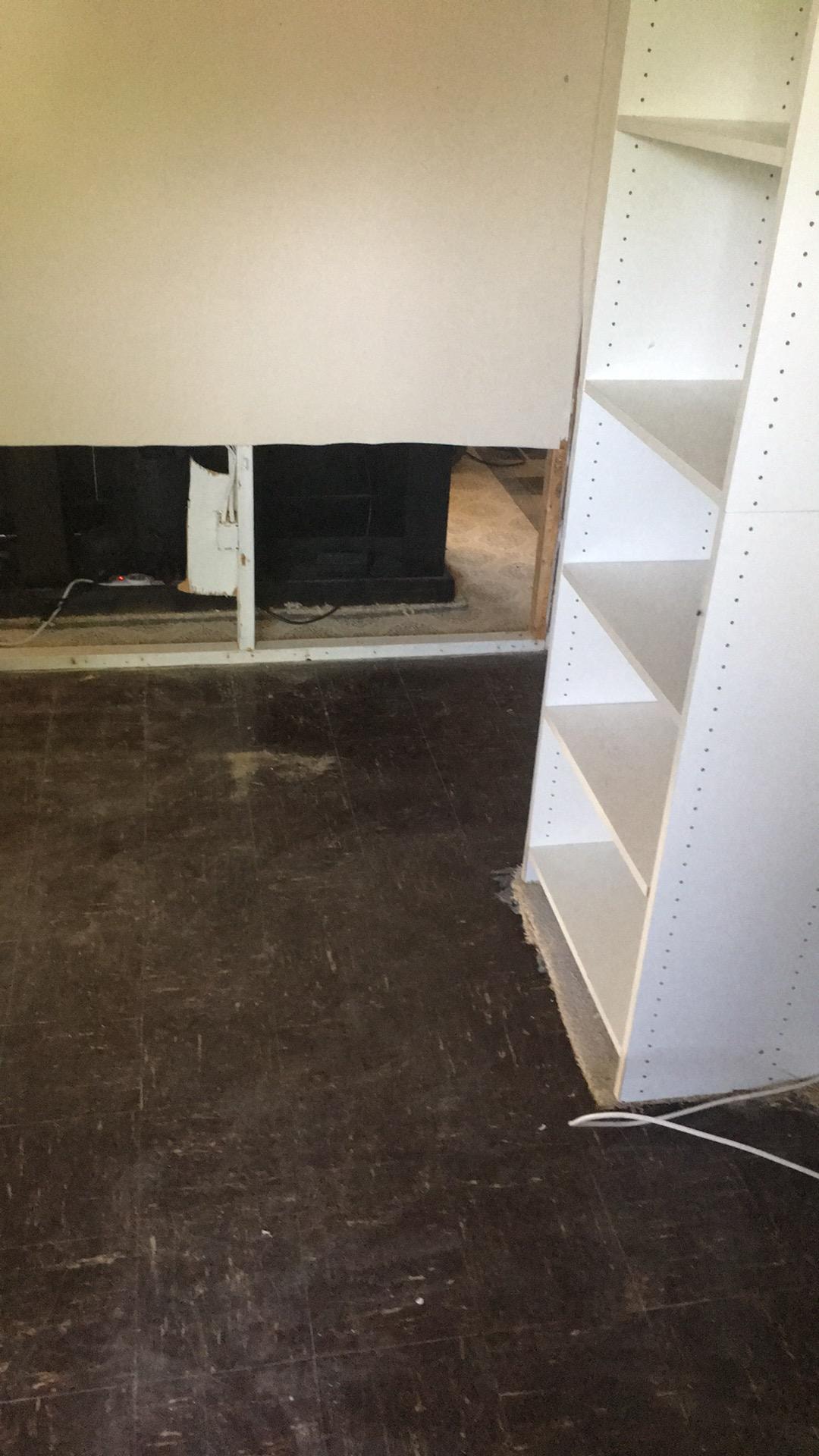
Step 2 : Check the concrete foundation for leaks or window issues for water coming into the house. It's essential to thoroughly inspect the concrete foundation and windows for any signs of water intrusion. This step involves examining the perimeter of your home for cracks or gaps where water might be seeping in. Pay close attention to the basement or lower levels of your location, as these areas are more susceptible to water damage. Additionally, inspect window seals and frames for any water deterioration or gaps that could allow water to enter. Addressing these issues promptly can prevent further damage and secure your home from costly repairs. If you identify any significant concerns, it may be wise to consult a professional to assess the damage and recommend appropriate solutions. Remember, choose early detection and intervention are key in maintaining the integrity of your location and ensuring a safe living environment.
Step 3: Locate the main shut-off valve for your water supply. This is a crucial step in managing a water emergency effectively. The main shut-off valve is typically located near the water meter or where the main water line enters your home. In some cases, it may be found in the basement, crawl space, or utility room. Familiarize yourself with its location before an emergency occurs, as this knowledge can save precious time when you need to act quickly. Shutting off the main valve will stop the flow of water into your home, preventing further flooding and potential damage. It's a good idea to label the valve and ensure that all family members know its location and how to operate it. In addition, regularly checking the valve for functionality and ensuring it is not corroded or stuck can be beneficial. If the valve is difficult to turn, consider having it replaced by a professional plumber to ensure it operates smoothly in an emergency. Taking these proactive measures can make a significant difference in managing a water emergency efficiently and secure your home from extensive water damage.
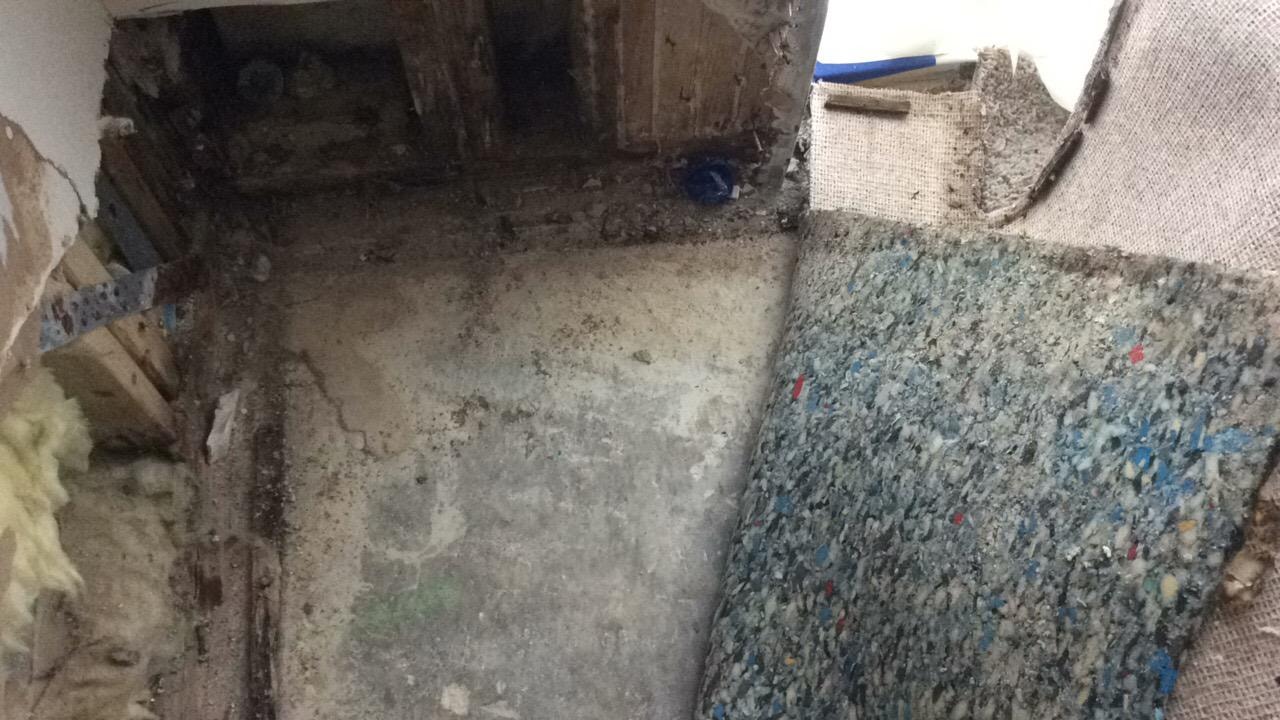
Step 4: Evaluate any safety issues when working on your water emergency clean up. Before diving into the cleanup , it's crucial to assess the area for potential hazards. Ensure that electrical systems are turned off to prevent any risk of electrocution. Be cautious of slippery surfaces that can lead to falls, and wear protective gear such as gloves and boots to avoid contact with contaminated water. It's also important to be aware of any structural damage, such as weakened ceilings or floors, which could pose a danger.In Maryland if you encounter any hazardous items, such as asbestos or chemicals, contact professionals to handle the situation safely. Taking these precautions not only safeguards you but also ensures a more effective and efficient cleanup . Remember, safety should always be your top priority during a water emergency.
Removing Your Items From Moisture and Humidity
Check your items that are in the water damage area also called contents. It's important to assess the condition of these items quickly to determine what can be salvaged and what needs to be discarded. Begin by categorizing items based on their level of damage , and porous items like paper, fabric, and wood are more likely to suffer irreversible damage compared to non-porous items such as glass and metal. For items that can be saved, remove them from the affected area immediately and begin the drying system using fans, dehumidifiers, or natural sunlight. For valuable or sentimental items, consider consulting a professional restoration service that specializes in content restoration. They can offer expert advice and advanced techniques for renewing items to their previous condition . Remember, acting swiftly can make a significant difference in the outcome of your belongings and help reduce the overall impact of the water damage. Ensuring proper care and attention to your contents not only preserves their stability but also helps maintain the integrity and comfort of your home environment.
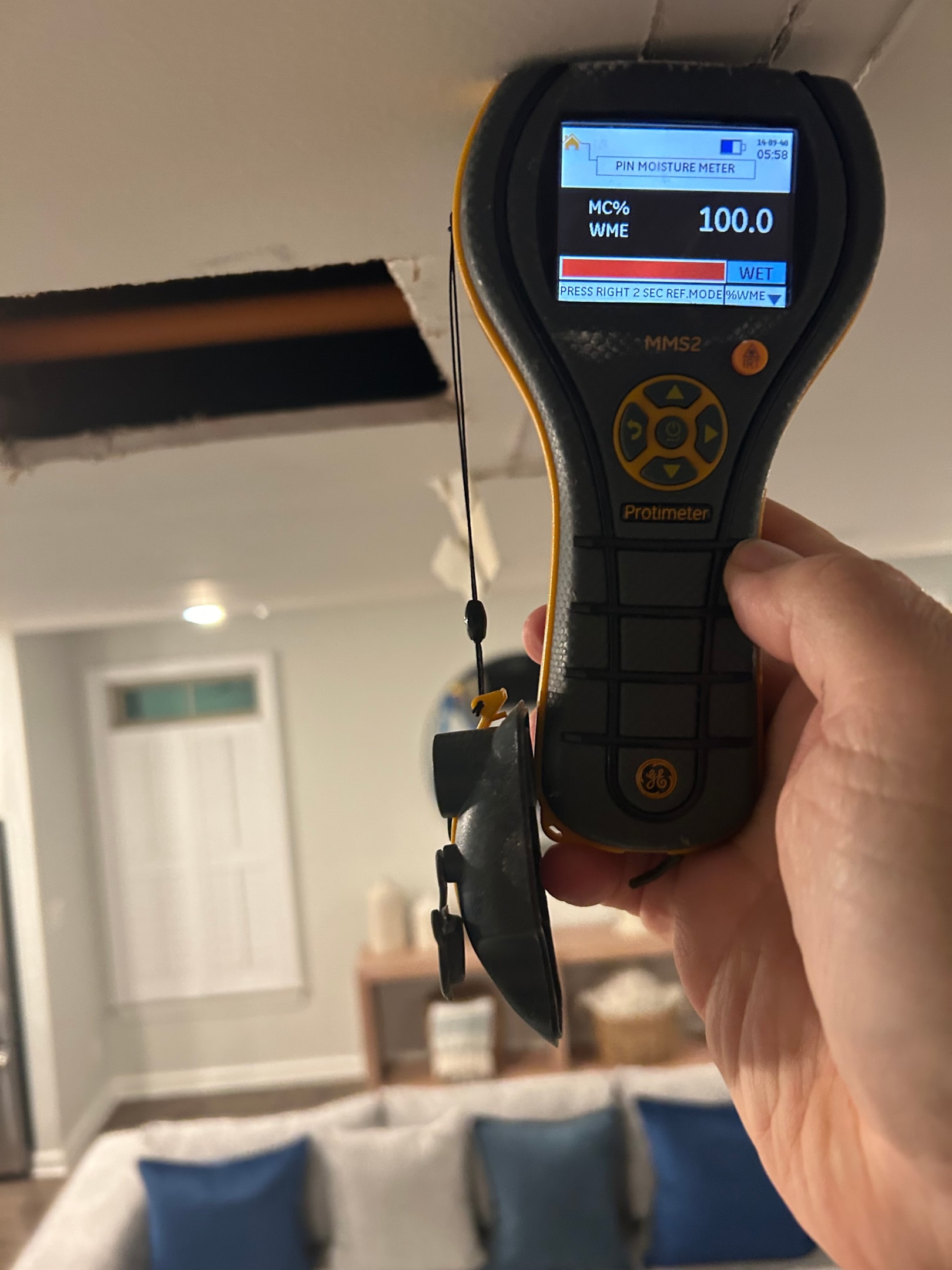
Don't Throw Away Your Water Damage Items Right Away
Your insurance company will want to evaluate your water damage items to determine the extent of the damage and the potential reimbursement for restoration needs. It's crucial to document the condition of these items thoroughly before any cleanup or disposal. Take clear photographs and make detailed notes about each item's condition, including any visible mold, water stains, or structural damage. This documentation will help support your insurance claim and ensure you receive the appropriate compensation for your losses. Additionally, consider keeping receipts for any emergency purchases or repairs made to prevent further damage, as these may also be covered under your policy. Remember, working closely with your insurance company and offering them with comprehensive information can expedite the claims system and help you improve your home to its previous condition more efficiently.
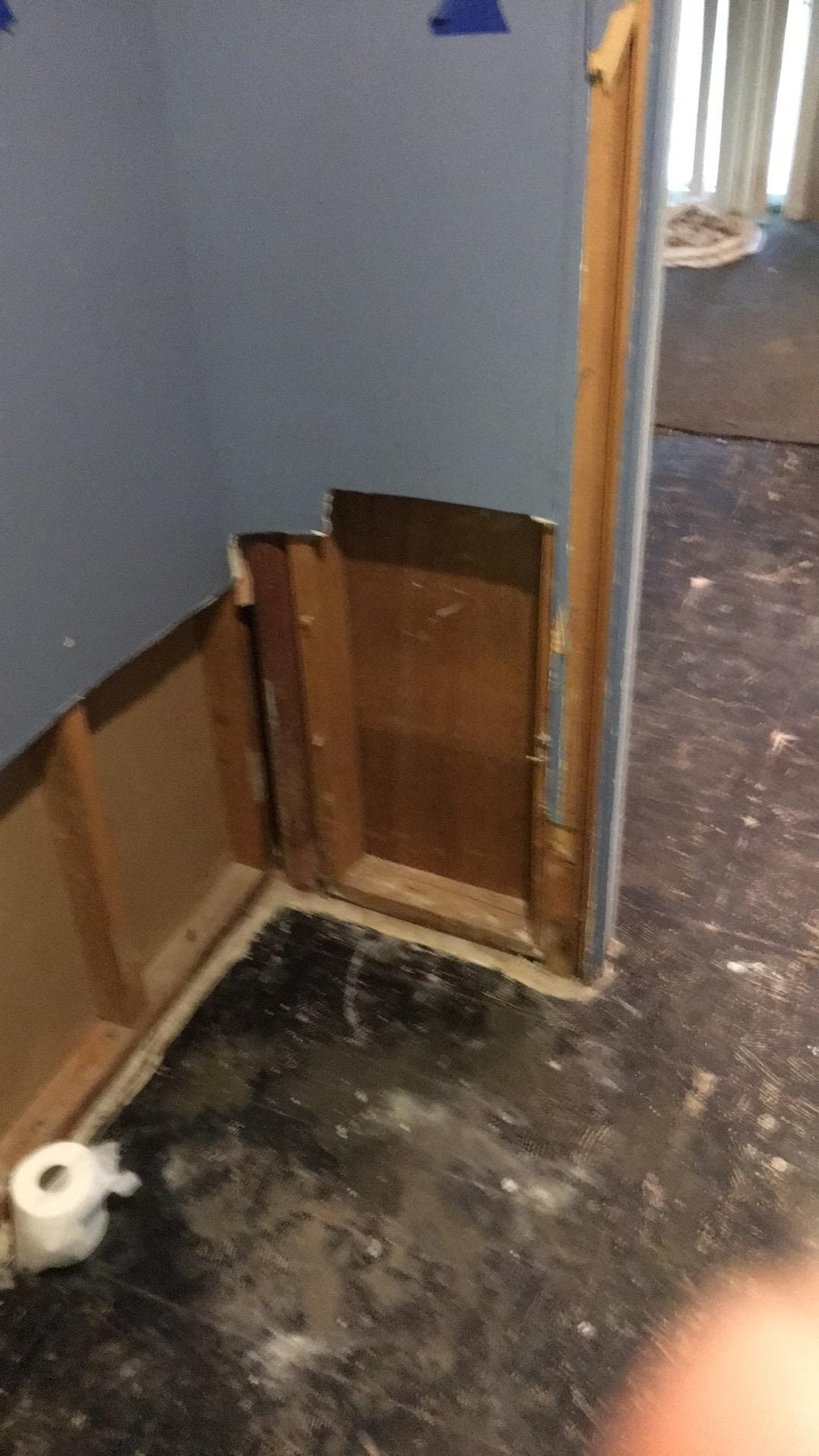
Don't Do The Following In A Water Damage Situation
You don't want to do the following in a water damage situation in your Owings Mills, Maryland home. Avoid panicking and rushing into action without a clear plan. It's crucial to stay calm and focused. Do not ignore the potential safety hazards that may arise, such as electrical risks or structural instability. Ensure that you turn off the electricity and gas supply to prevent any accidents. Avoid using electrical appliances or equipment in wet areas to eliminate the risk of electrocution. Refrain from attempting to clean up hazardous materials, like sewage or chemical spills, without professional assistance, as these can pose serious health threats.
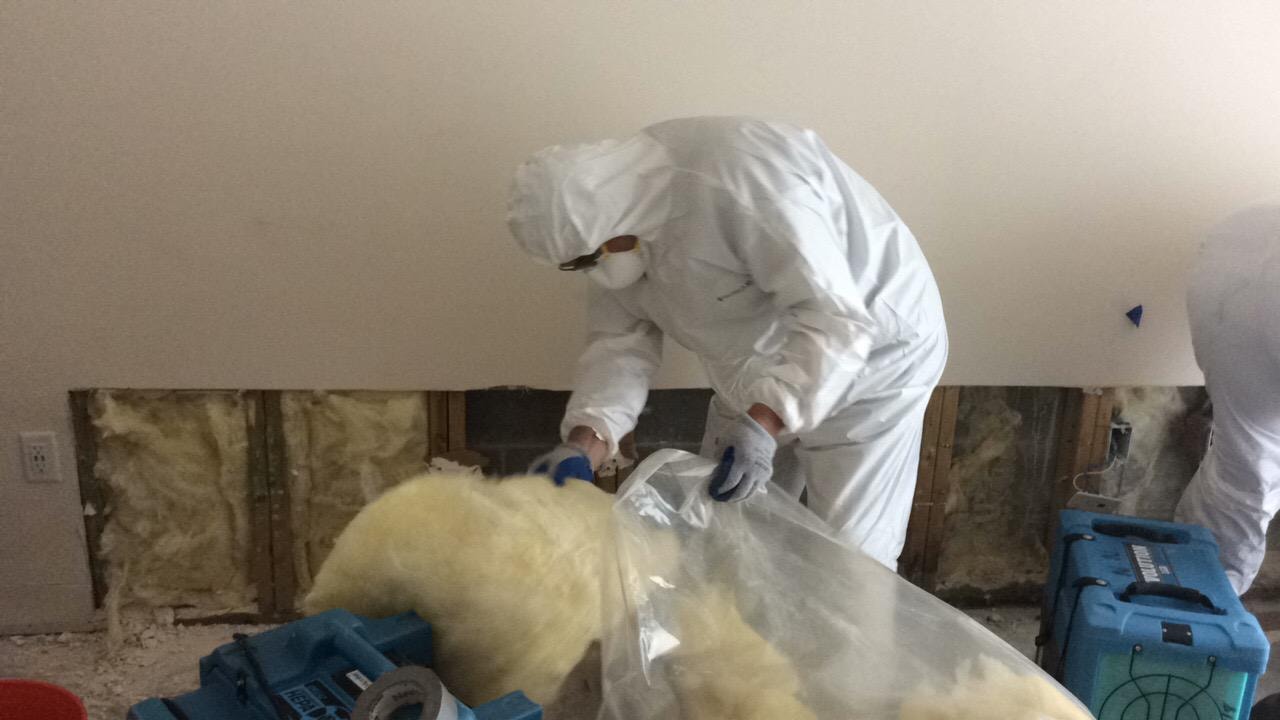
Additionally, do not overlook the importance of documenting the fire and damage thoroughly for insurance purposes. Failing to take photos or videos of the fire, affected areas and damaged items can result in complications with your insurance claim. It's also important not to dispose of any damaged items before your insurance adjuster has assessed the situation, as this could impact your claim.
Moreover, do not delay in contacting a professional water damage and other removal or fire restoration company. Time is of the essence in preventing further damage, such as mold growth, which can occur within 24 to 48 hours of fire itself. SI Restoration offers expert services in both mold removal and remediation, water damage cleanup, and fire restoration to help improve your home to its previous condition efficiently.
Lastly, avoid attempting major repairs on your own. Water damage can be complex, and improper repairs can lead to more significant issues down the line. Trust certified professionals to handle the restoration and cleaning system and ensure your home is safe and secure. Remember, taking the right steps in a water damage situation can make a significant difference in the outcome and prevention of your location from further harm.
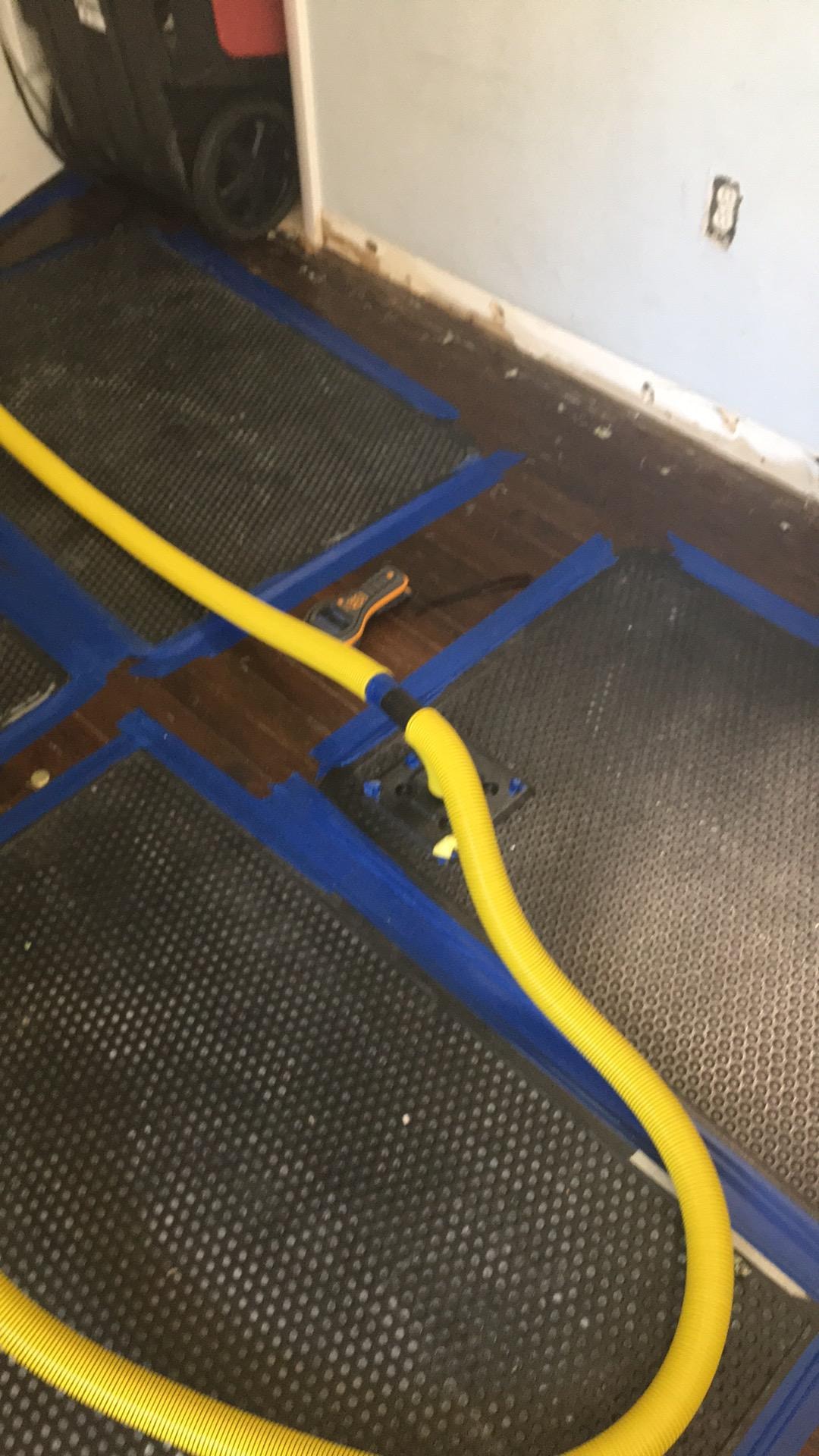
Call A Water Damage Restoration restoration cleanup company like SI in Owings Mills Maryland
Call a water damage restoration company to do the following: Professional water damage restoration companies, like SI Restoration, provide comprehensive services to manage and mitigate the impact of water emergencies. These experts are equipped to handle everything from initial water extraction to the complete restoration of your location. They begin by assessing the extent of the damage and formulating a strategic plan to address all affected areas. Their services include thorough drying and dehumidification system to prevent mold growth and structural damage. Additionally, they offer specialized cleaning and sanitization to ensure your home is safe and habitable. Restoration professionals also assist in documenting the damage for insurance claims, providing detailed reports and estimates that facilitate a smoother claims system. By choosing a certified and experienced restoration company, you can ensure that your location is brought back to its previous condition efficiently and effectively, minimizing downtime and stress.
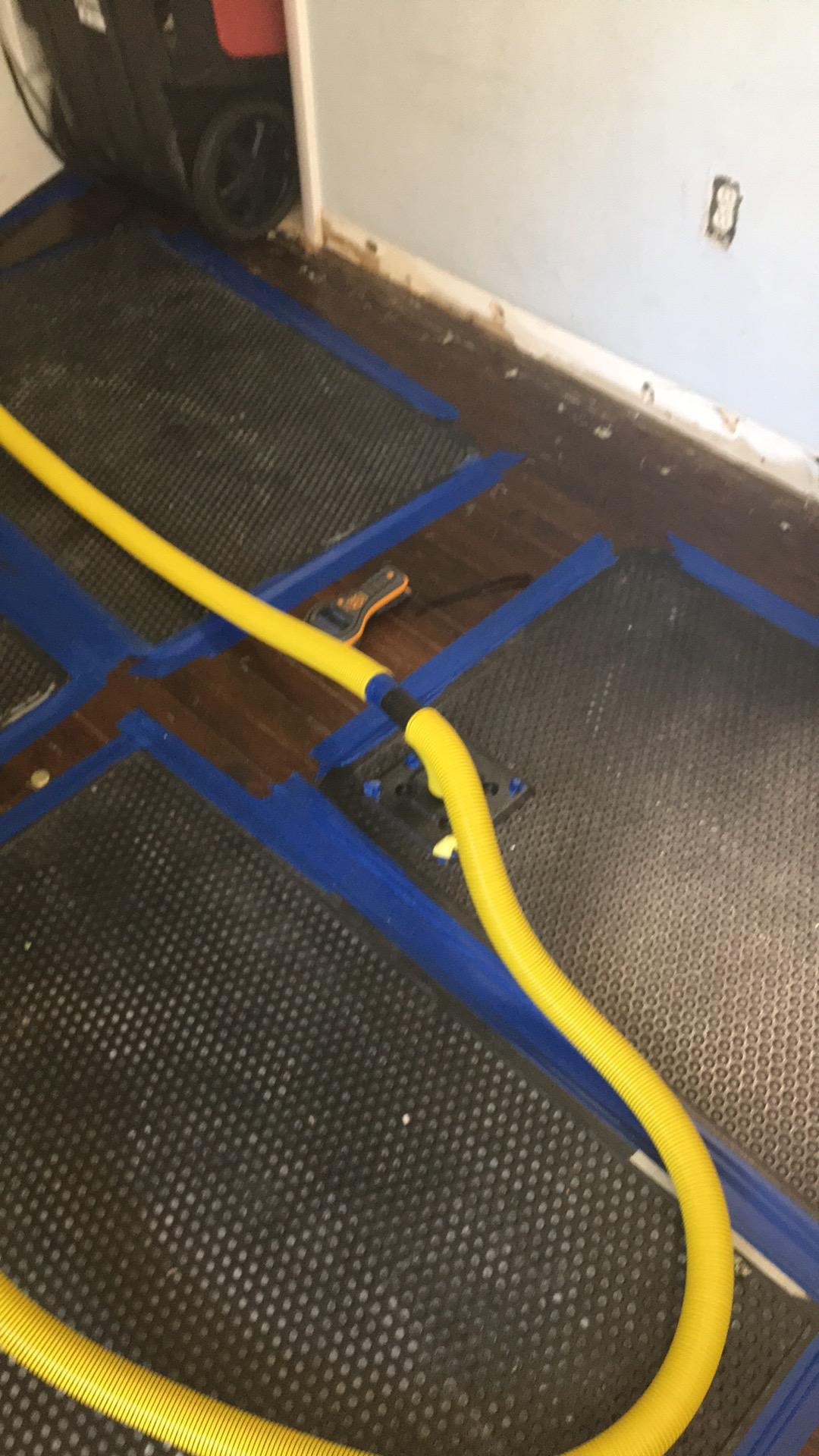
Call Your Home Owners Insurance Company
As you have called out a water damage restoration cleanup company like SI in Owings Mills, Maryland, you should call your insurance company's claims number promptly. It's essential to inform them about the incident as soon as possible to initiate the claims system. When you contact your insurance company, be prepared to provide detailed information about the extent of the water damage, the actions you've taken so far, and any immediate repairs or services provided by SI . This will help expedite the claims system and ensure you receive the necessary support and reimbursement for restoration needs. Additionally, inquire about any specific documentation or evidence they require, such as photographs or receipts, to support your claim. Maintaining open communication with your insurance provider can make a significant difference in the efficiency and outcome of your claim, ultimately helping you bring back your home to its previous condition more smoothly.
What Are The Insurance Claim Steps
The insurance claim steps are crucial for ensuring you receive the necessary support to bring back your dweling to its prior previous condition. Initially, you must promptly report the incident to the staff of your insurance provider, detailing the extent of the damage and any immediate response actions taken. This initial contact sets the stage for a successful claim, as it allows the staff of your insurer to guide you through the necessary steps and documentation required.
Next week, your insurance company will typically send an adjuster to assess the damage in person. During this assessment, it's important to provide any documentation you have gathered, such as photographs, receipts, and a detailed inventory of damaged items. This information helps the adjuster accurately evaluate the extent of your losses and determine the coverage available under your policy.
Once the assessment is complete, your insurer will review the first team' findings and provide you with a settlement offer. This offer should cover the cost of repairs and replacements needed to restore your property to its pre-loss condition. It's crucial to review this offer carefully and ensure it aligns with the damage assessed. If you disagree with the offer, you have the right to negotiate or seek a second opinion from an independent adjuster.
After accepting the settlement, the funds will be disbursed to cover the necessary repairs and replacements. It's important to keep track of all expenses and maintain communication with your insurance provider throughout the process to ensure you experience a smooth, seamless and efficient claims experience.
By understanding and following these steps, you can learn to navigate the insurance claim review process more effectively, minimizing stress and ensuring your property is restored to its original state as quickly as possible.
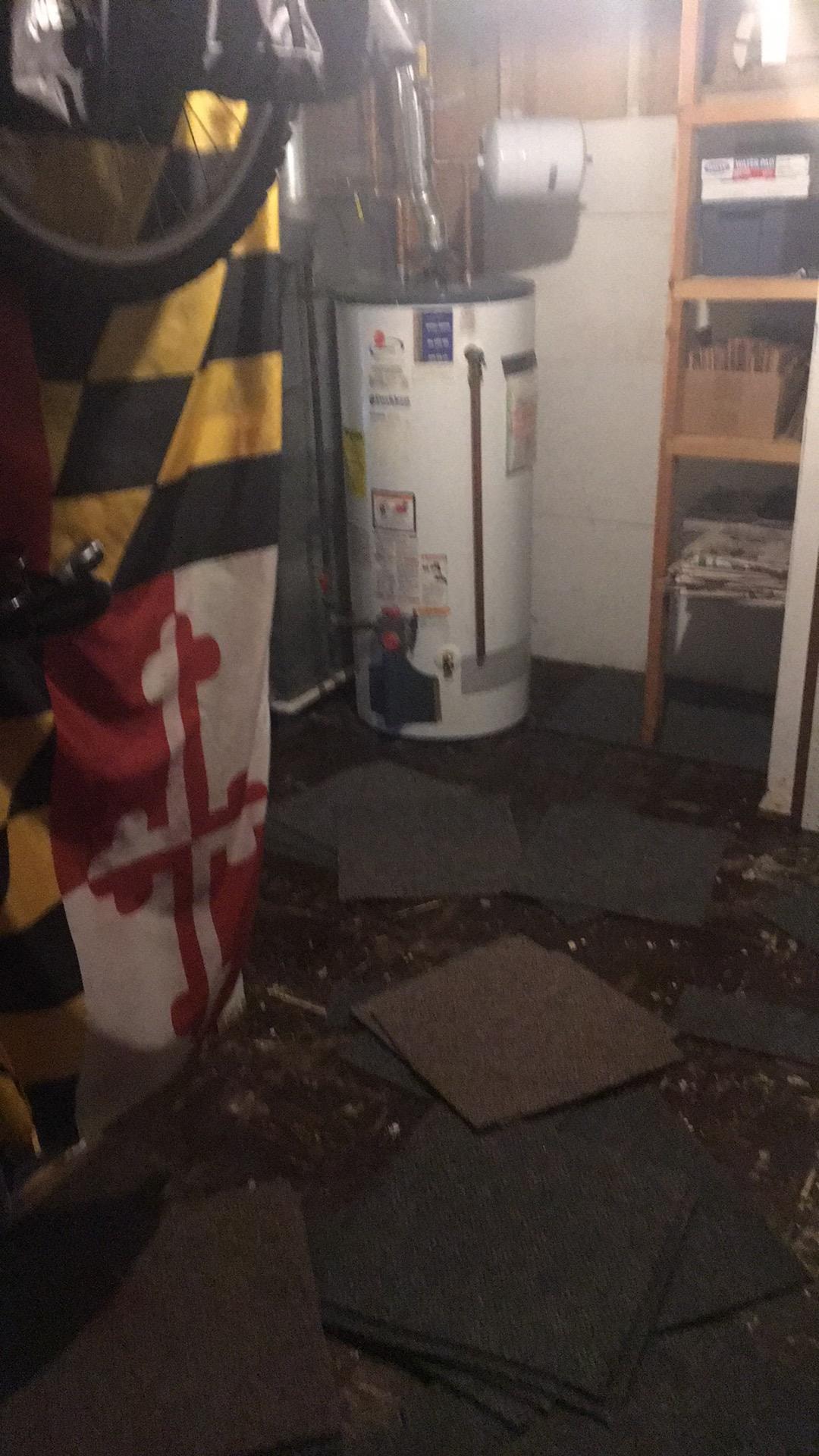
Check for Mold
Start looking for mold growth, as it can spread rapidly in damp environments. Mold thrives in areas with high moisture levels, such as basements, bathrooms, and kitchens. Check for any discoloration on walls, ceilings, or floors, as these could be signs of mold. Additionally, pay attention to any musty odors that might indicate hidden mold behind walls or under flooring. It's important to address mold issues promptly, as prolonged exposure can lead to health problems such as respiratory issues and allergic reactions. If you detect mold, consider hiring a professional mold remediation service to assess the extent of the problem and provide a comprehensive cleanup fire restoration plan. These experts can help restore your home to a safe and healthy environment, ensuring that all mold is removed and preventative measures are in place to avoid future growth. Remember, early detection, response and intervention are crucial in maintaining the quality and safety of your home.
Water is one of the ingredients for mold growth and Mold can cause health issues and permanently damage your home or belongings. If you have visible mold, call your insurance company to see if you have mold coverage Have your water damage clean up company in Owings Mills Maryland give your insurance company an estimate . If you smell a musty smell but don't see mold, call an industrial hygienist for a mold test report that will list which mold is present and how much is in the air.
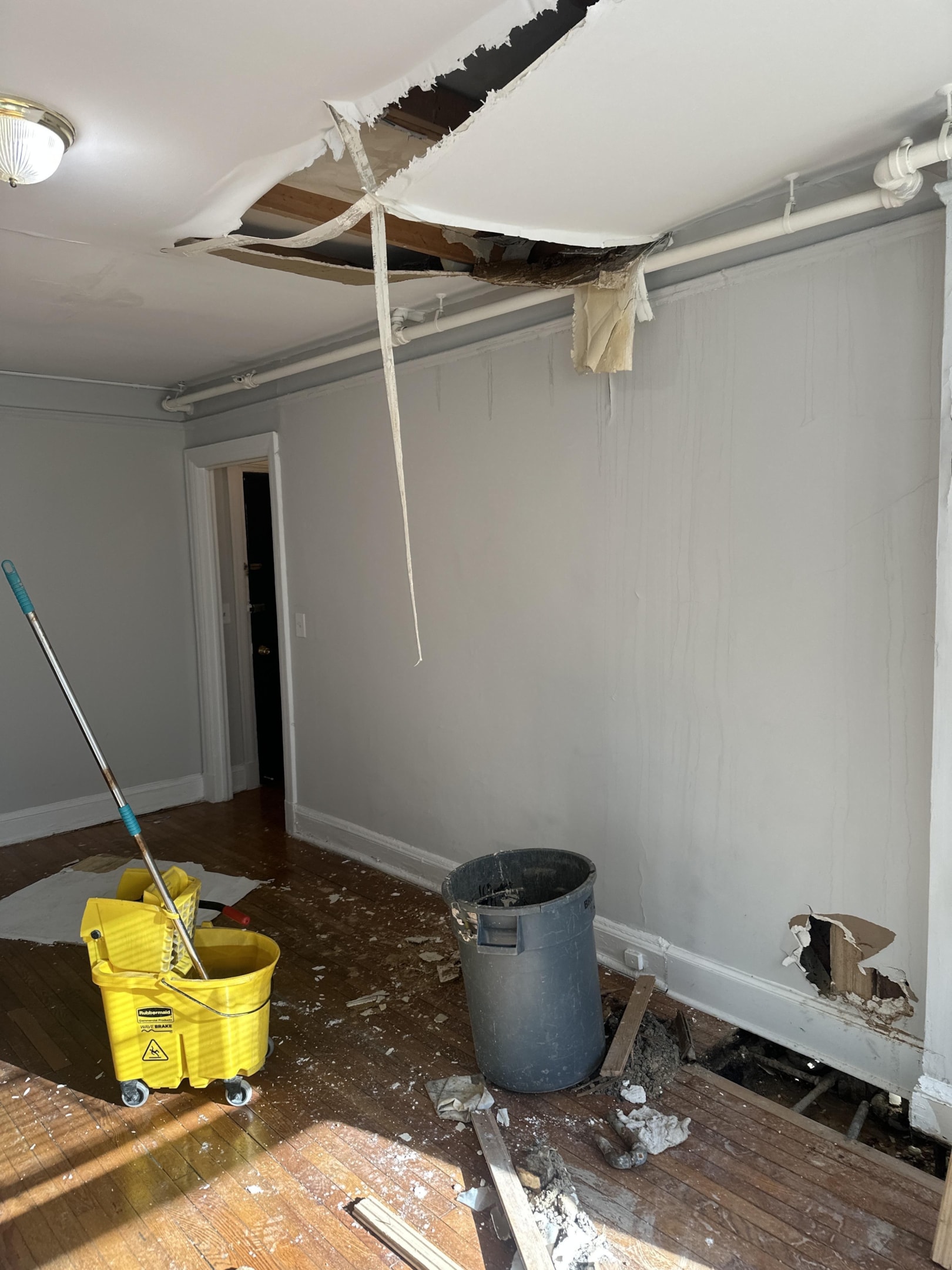
Grains Per Pound Of Moisture ( GPP ) to measure moisture
GPP, or Grains Per Pound, is a crucial measurement in the restoration industry, particularly when dealing with water damage. It represents the amount of moisture present in the air and is a key factor in determining the drying process's efficiency. A moisture meter that measures GPP can provide insights into the humidity levels within a space, which is essential for creating an effective drying strategy. By understanding the GPP, restoration professionals can adjust their equipment settings to optimize dehumidification and ensure that the affected area is thoroughly dried. This helps prevent further damage, such as mold growth, and aids in restoring the property to its pre-loss condition. Monitoring GPP is a vital step in the water damage restoration process, ensuring a successful outcome and protecting the property's integrity.
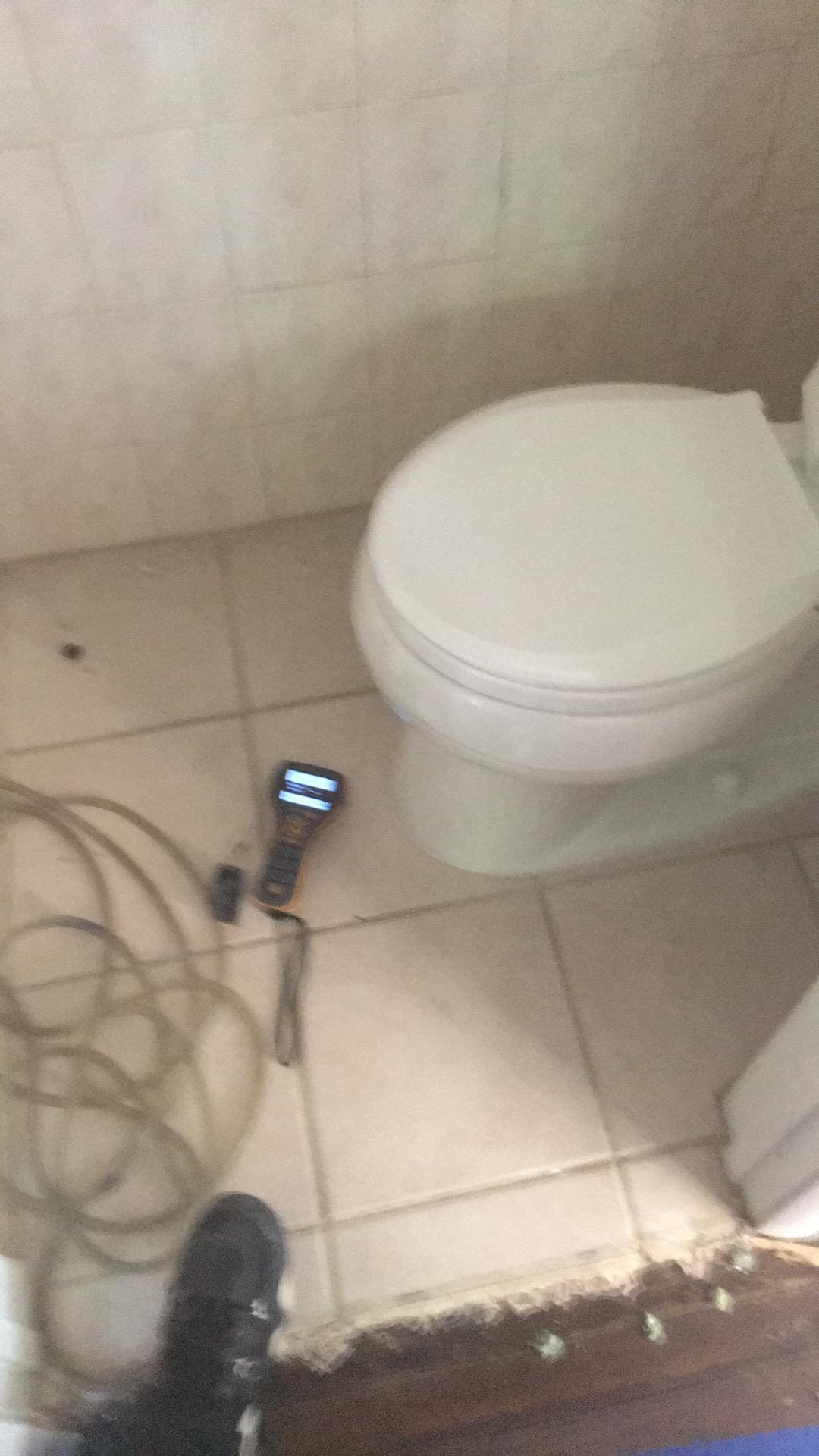
GPP Record Keeping
As a policy holder with a water damage claim, you should ask for the daily GPP records that are maintained by the restoration company handling your case. These records are crucial for monitoring the progress of the drying process and ensuring that moisture levels are being effectively reduced. By tracking the Grains Per Pound (GPP) data, you can verify that the restoration efforts are on track to restore your property to its pre-loss condition. This information can also be valuable when communicating with your insurance provider, as it provides concrete evidence of the restoration company's diligence and the effectiveness of their methods. Additionally, understanding the GPP records can help you make informed decisions about any further actions that may be necessary to protect your property from future damage. Keeping a close eye on these metrics ensures that you are actively involved in the restoration process and helps guarantee a successful outcome.
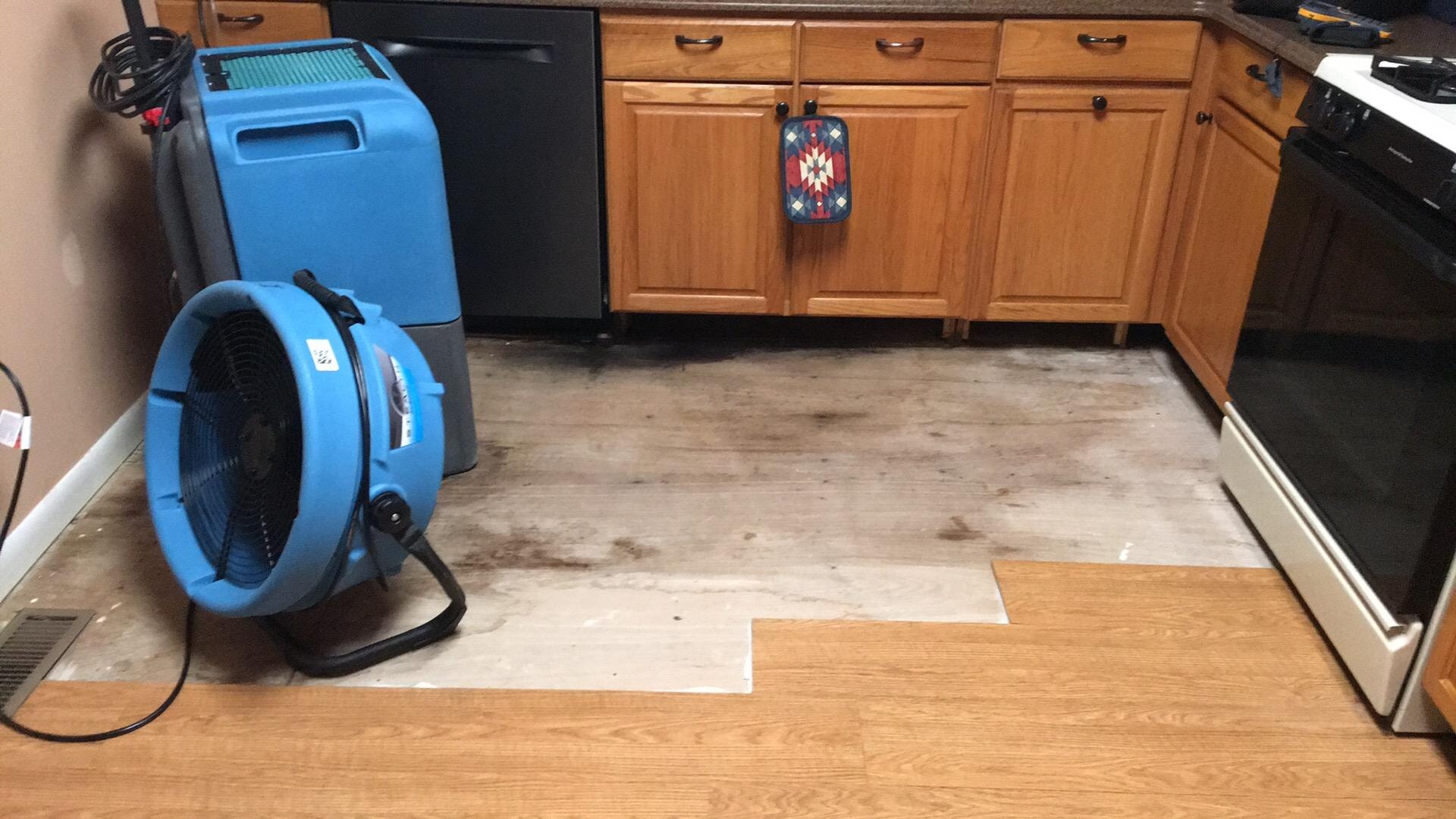
Water Damage Structural Repair
The next step is your water damage restoration company should gather the information to make a structural repair estimate or what is needed to replace items that were ruined or removed. This involves a detailed assessment of the affected areas to determine the extent of the damage and the necessary repairs. The company will inspect structural elements such as walls, floors, ceilings, and any other components that may have been compromised. They will also evaluate the condition of electrical systems, plumbing, and HVAC units to ensure they are safe and functional. Based on their findings, the restoration team will provide a comprehensive estimate that outlines the scope of work, materials needed, and associated costs. This estimate is crucial for planning the restoration process and coordinating with your insurance company to ensure coverage. By obtaining a thorough and accurate estimate, you can make informed decisions about the restoration efforts and prioritize tasks to restore your property efficiently and effectively. Additionally, this step helps prevent future issues by addressing all damage comprehensively, ensuring your home is safe, secure, and restored to its pre-loss condition.
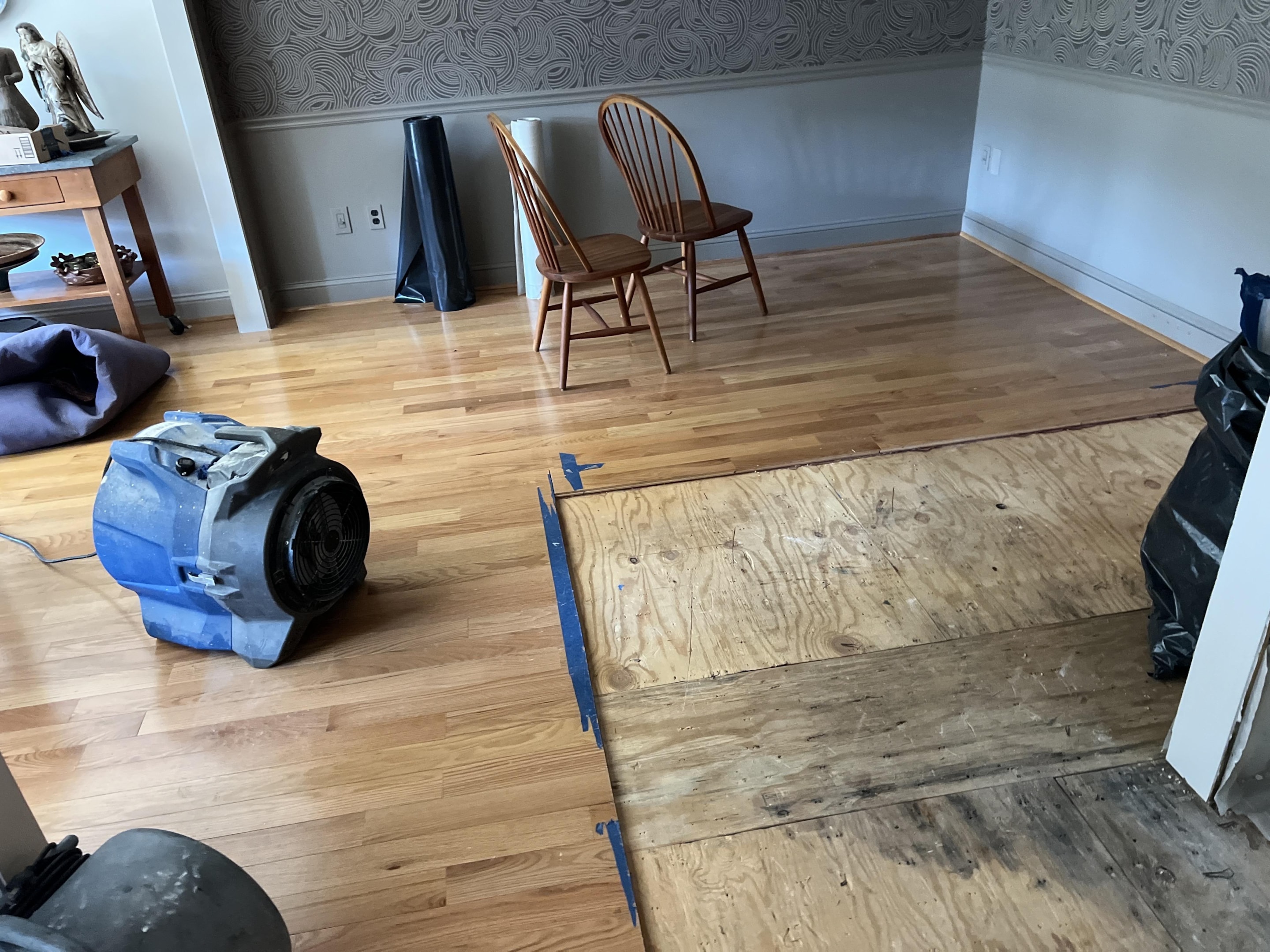
Xacatamate
Xacatamate is the software that is used by insurance companies and a professional dedicated water damage restoration company to streamline the claims process and enhance efficiency in managing restoration needs. This advanced software helps both insurers and restoration professionals accurately assess damages, estimate costs, and track progress throughout the restoration process. By utilizing Xacatamate, companies can ensure that all necessary documentation is collected and organized, facilitating smoother communication with clients and insurance adjusters. Additionally, the software provides detailed analytics and reporting features, enabling companies to make informed decisions and optimize their operations. This technology is particularly beneficial in complex cases involving extensive water damage, as it helps coordinate multiple aspects of the restoration process, from initial assessment to final repairs. By leveraging Xacatamate, restoration companies can improve their service quality, reduce downtime, and ensure that properties are restored to their pre-loss condition efficiently and effectively.
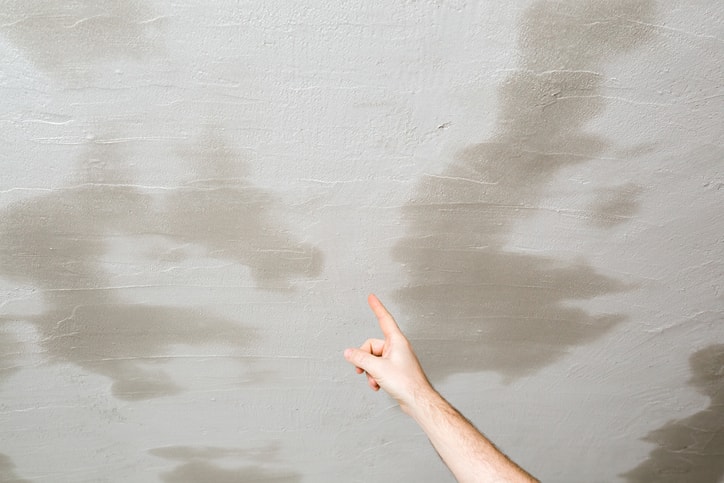
Completion of Satisfaction Form
A Completion of Satisfaction form is used by water damage restoration companies to ensure that the client is fully satisfied with the services provided. This form acts as a formal acknowledgment that the restoration work has been completed to the customer's expectations and that all agreed-upon tasks have been fulfilled. It typically includes details about the scope of work, the quality of the restoration efforts, and any additional services that were provided. By signing this form, clients confirm that they have reviewed the completed work and are content with the results, which helps protect both the client and the company from future disputes. Furthermore, the Completion of Satisfaction form serves as a valuable feedback tool for restoration companies, allowing them to gather insights into customer experiences and identify areas for improvement. This feedback can be instrumental in enhancing service quality and ensuring that future projects meet or exceed client expectations. Additionally, this form can be a critical component in the insurance claims process, providing documented evidence that the restoration has been satisfactorily completed, which can expedite the settlement of claims and facilitate smoother communication between all parties involved.
Standing Water Damage
Standing water is when your basement ( usually ) has wall to wall of standing water of at least an inch or more . The water damage restoration process consists of extraction using a submeersable pump and estractors that have autoatic pump outs . Without the equipment mentioned , it will take a long time to removal all the water cleanup .
When this happens here are the following issues that can occur:
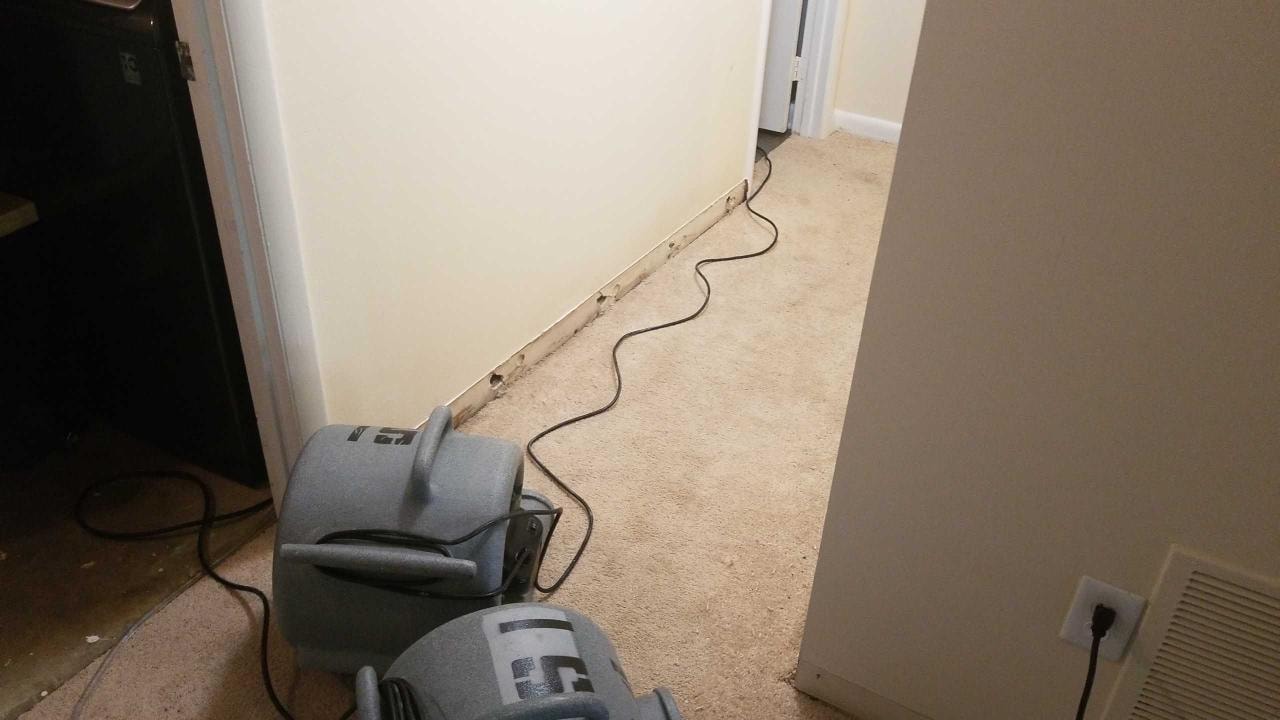
ALE or Additional Living Expenses
ALE is what insurance companies consider as Additional Living Expenses, which are costs incurred when a policyholder is temporarily displaced from their home due to covered damages, such as water damage or fire. These expenses can include costs for temporary housing, meals, and other necessary living expenses that exceed the policyholder's normal living costs. Understanding ALE is crucial for homeowners navigating the insurance claims process, as it ensures they receive adequate compensation to maintain their standard of living while their home is being restored. It's important for policyholders to keep detailed records and receipts of all additional expenses incurred during this period to facilitate a smooth claims process and ensure they are reimbursed appropriately. By being informed about ALE, homeowners can better manage their finances during a challenging time and focus on restoring their property to its pre-loss condition.
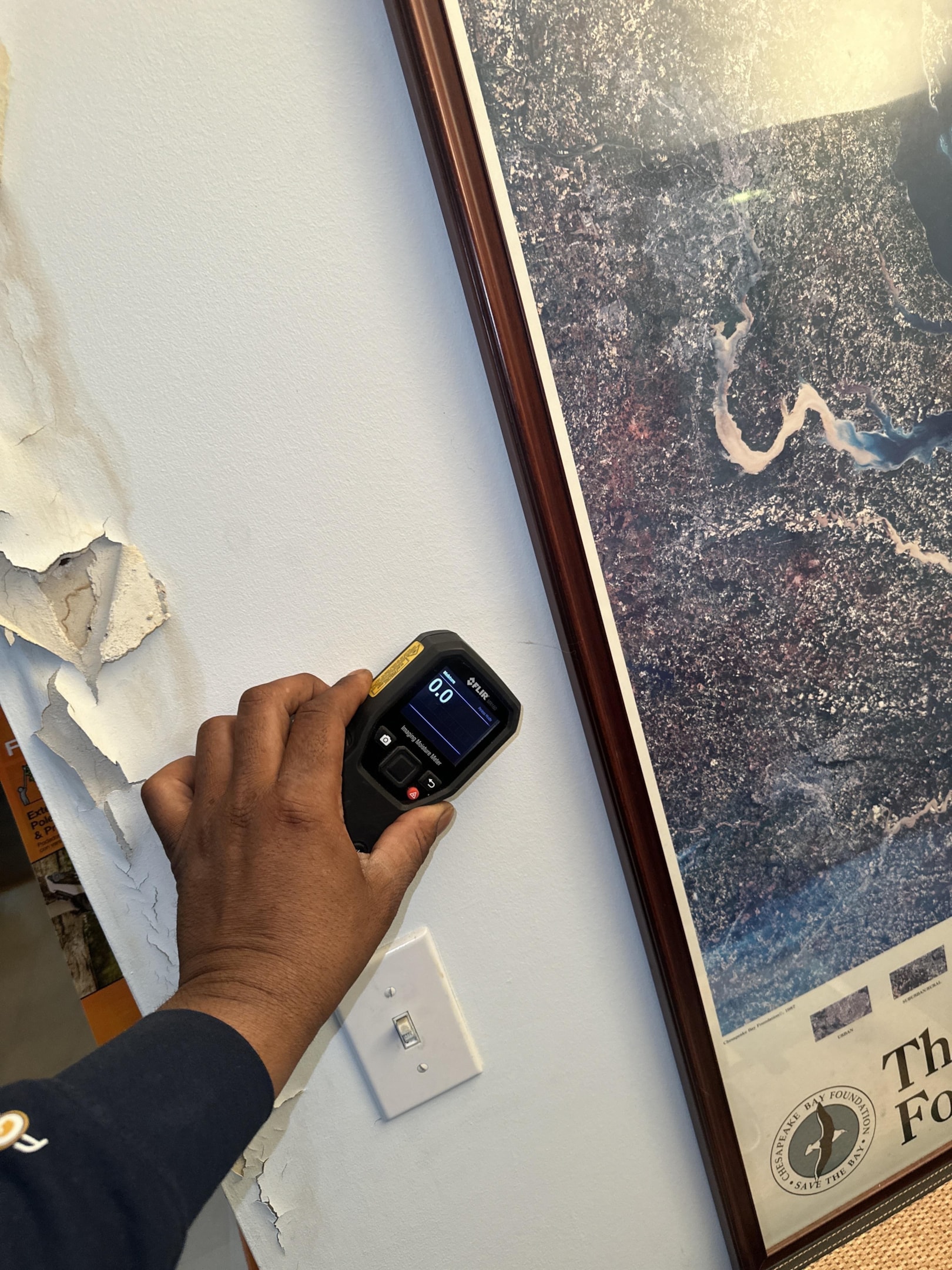
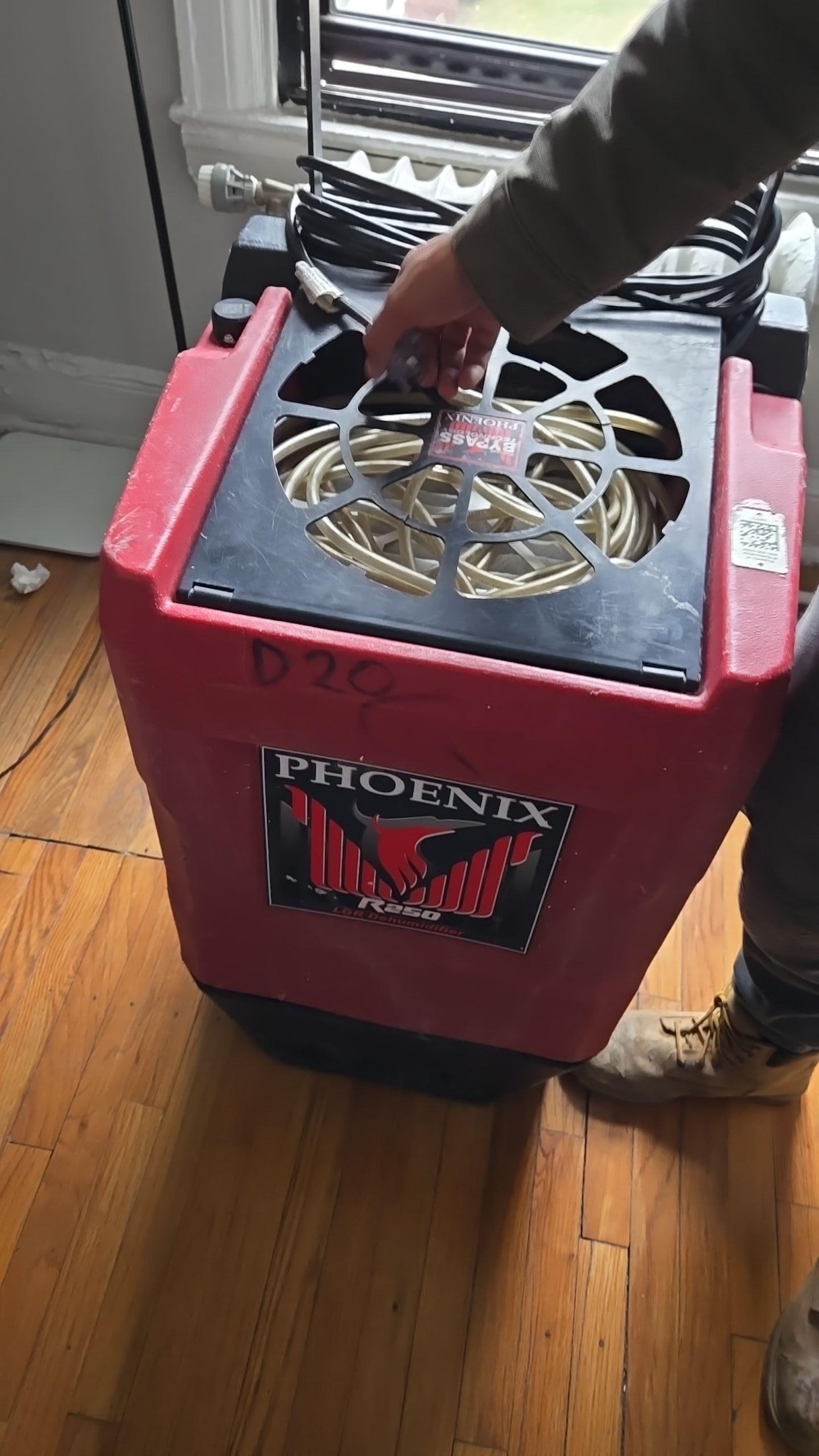
Other Things A Customer can do During A Water Damage
Here are the following suggested things a homeowner can do during a water damage situation to protect their property and ensure a smooth restoration process. Firstly, it's important to document the damage thoroughly by taking photographs and videos of all affected areas and items. This documentation is crucial for insurance claims and will help in assessing the extent of the damage. Secondly, ensure that you contact a professional water damage restoration company, such as SI Restoration, as soon as possible. Their expertise in water extraction, drying, and even mold removal and after mold removal and remediation, can prevent further damage and restore your home to its pre-loss condition efficiently.
Additionally, if safe to do so, begin the removal by removing excess water by mopping or blotting to minimize damage. Be cautious of electrical hazards left behind and avoid using electrical appliances in wet areas. For items left behind that can be salvaged, move them to a dry, well-ventilated area and begin the drying process using fans or dehumidifiers.
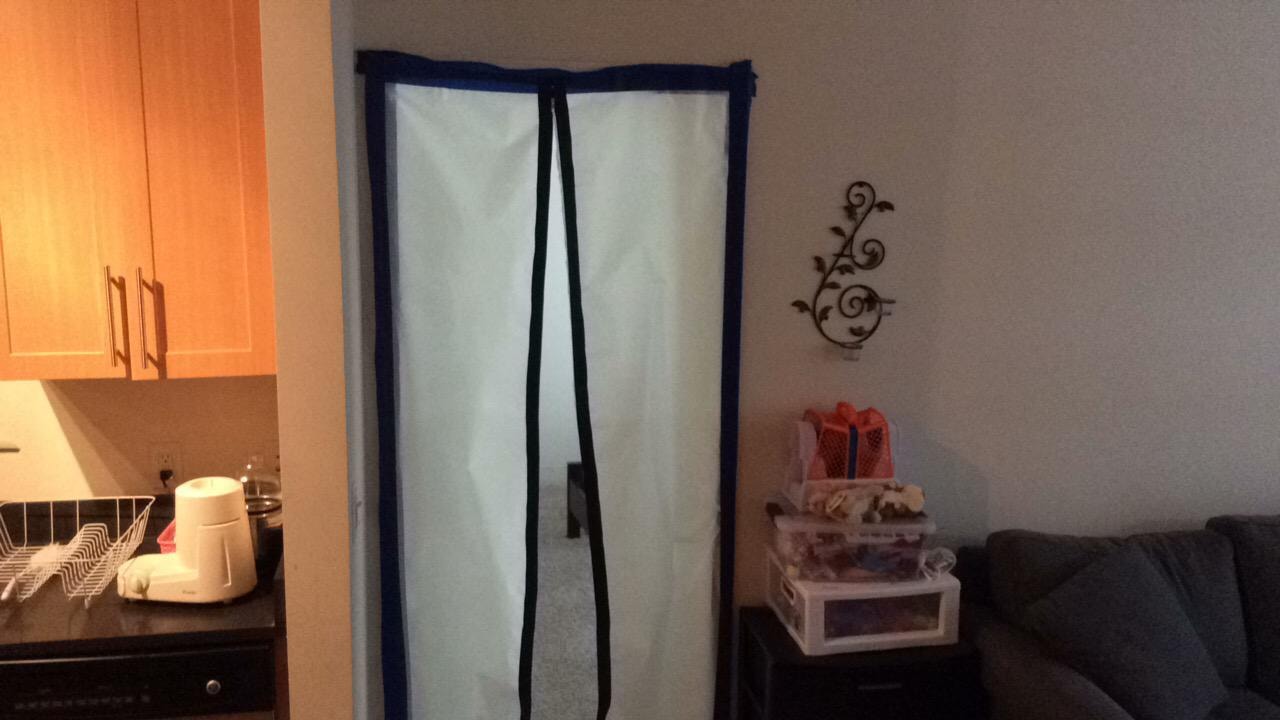
It's also advisable to keep a detailed record of all communications with staff at your insurance company and restoration professionals, including dates, times, and the names of all staff and individuals you speak with. This kind of record can be invaluable in ensuring a smooth claims and addressing any issues that may arise during restoration itself.
Furthermore, review your insurance policy to understand your coverage and review any specific guidelines or requirements for filing a claim. With this knowledge will help you navigate the claims system more effectively and ensure you receive the appropriate compensation for your restoration needs.
Lastly, consider discussing options with your insurance provider about Additional Living Expenses (ALE) if you need to temporarily relocate. By taking these proactive steps, you can safeguard your dweling, streamline the emergency and restoration system, budget and ensure a successful recovery from fire and water damage.
History Of The Water Damage Restoration Industry
The water damage restoration industry also know as the " the restoration " industry , emergency water damage clean up , wet carpet cleaning , and fire and water emergency restoration industry started around in the 1960's . Many homes in the United States and Owings Mills started converting their basements into " Club Rooms " . This restoration of what was used as a storage area , became a section of the home where people could relax and have fun. Except in Florida and other low level areas, homes built in the last 30 years now have full functioning basements that include drywall, paint , carpet and flooring . With water heaters and other exposed pipes located in the basement , their is an increased chance of water damage and of course water damage restoration.
Most Maryland home owners usually will call a restoration company when they have wet carpet . They do not realize that the walls have water inside the drywall and wall cavities. An experience water damage restoration company has the moisture detection especially in Maryland to quickly detect hidden moisiture .
Restoration companies use a moisture meter that calculates the GPP or Grains Per Pound of Moisture or water level inside materials and areas of the home. This restoration info assists restoration professionals to prevent mold growth by applying quick response of water damage restoration procedures .
Experience is also necessary . Just because some people take a certfied IICRC course in restoration , doesn't mean they correctly dry and prevent mold removal.
Experience in different situations and restoration situations will help in a successful project .
The restoration industry has improved it's technology and drying ability to dry out hidden moisture areas that normally would create the need for mold removal . Dehumidifiers and air movers have commercial strength to dry it throughly .
The restoration industry now has the ability to dry and prevent mold growth in wood floors, marble floors , concrete , plaster walls, etc. Restoration services also can save paintings , musical instruments , etc.
Many in the Maryland area do not realize that the restoration industry has official guidelines for water damage restoration called the IICRC S500 Guidelines .
Managed by the IICRC , the IICRC S500 Guidelines mandate exactly the correct water damage restoration steps that are needed. Other restoration requirements like the correct amount of air movers , dehumidifiers to be used, etc. How to extract water from carpet and how to correctly dry carpet . It also determines when carpet can be saved and when carpet needs to be removed .
Restoration services companies use the IICRC S500 Guidelines to prove that a restoration services was done correctly .
Commercial restoration services for warehouses and buildings are essential for mold issues . Maryland has different seasons that can cause the need for water damage restoration .
Another restoration service now becoming extremely important mold removal or also called mold remediation .
Mold remediation or mold removal in Maryland has it's own restoration guidelines from the IICRC called the IICRC S502 Guidelines . The IICRC S502 has detailed steps for mold remediation and mold removal to assure that homeowners and commercial building owners can have a safe environment after a mold remediation or mold removal.
Mold remediation or mold removal services include the following according to the IICRc S502 .
-
Containment to secure the mold remediation and mold removal from spreading mold spres through out the room.
-
Negative air pressure to again secure the mold remediation and mold removal services work space from spreading .
-
Mold spores still linger on surfaces so HEPA filter vacuums are needed .
-
The equipment mentioned above should stay after the mold cleanup for a time period of at least 24 hours after work is completed .
Maryland as of now has no mold remediation or mold removal laws or Maryland state requirements . This leaves Maryland residents open to mold removal scammers so be careful.
Due to liability for building owners and home owners who rent space , accurate mold removal and excellent restoration services are very important .
Tenants are very concerned about mold growth and understand restoration services compared to 30 years ago. Tenants also have the internet that can either correctly guide or mislead mold issues .
It's important that everyone understand mold remediation steps and restoration services .
If you are a Maryland resident or a home or business owner that experience a water restoration need or a mold issue , you should ask for advise from professional help .
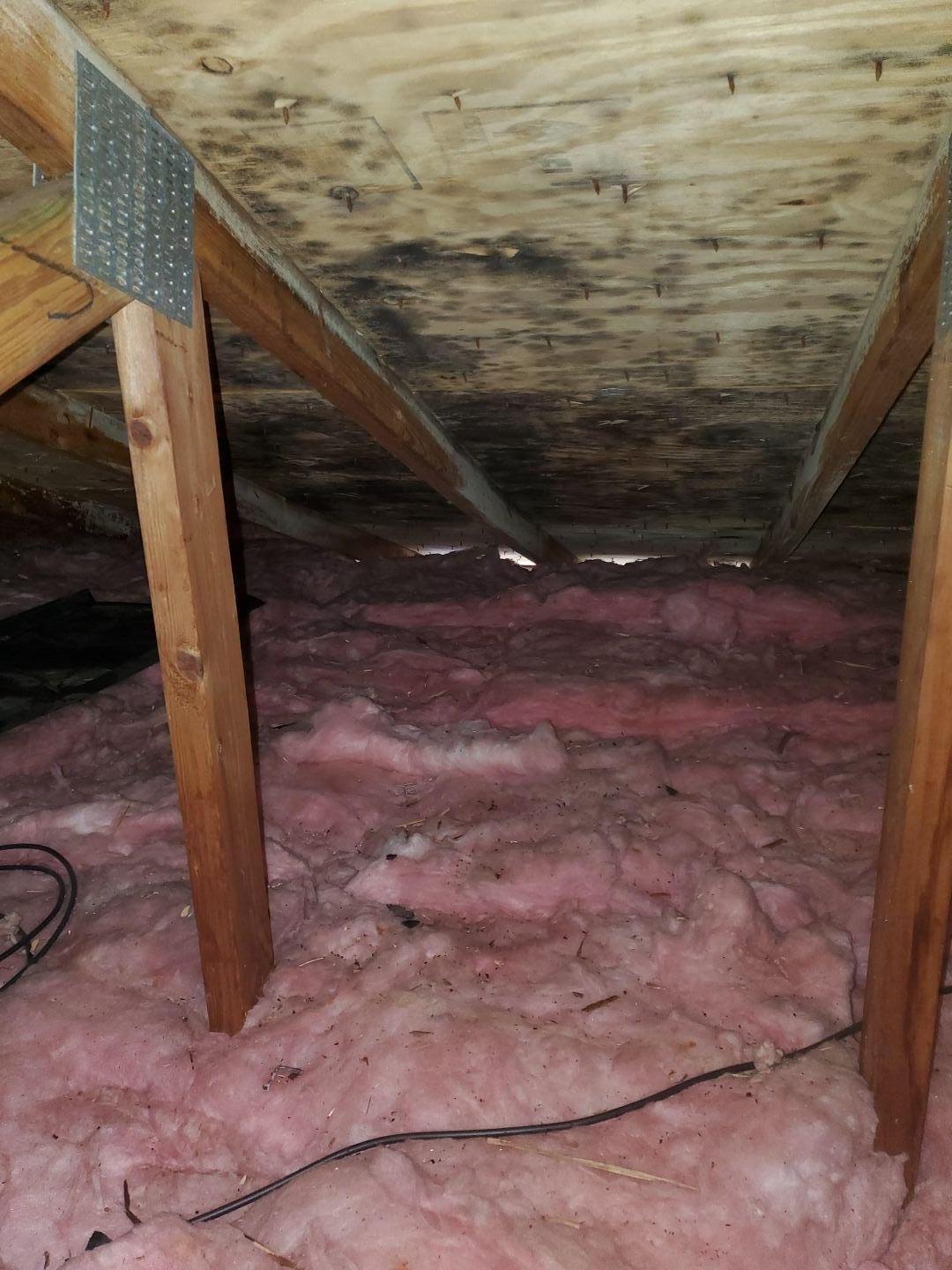
Here is more information on SI Restoration and Jeffrey Cohn
https://www.baltimorecountymd.gov/departments/budfin/property-managemen…
https://attorneys.superlawyers.com/toxic-mold/maryland/owings-mills/
Additional Source of Information
SI Restoration water damage cleanup services are available in the following Maryland areas
Westminster
Aberdeen
Hyattsville
Burtonsville
Bowie
Chevy Chase
Elkton
Gaithersburg
Rockville Germantown
Hampstead
Manchester
Mount Airy
Sykesville
Takoma Park